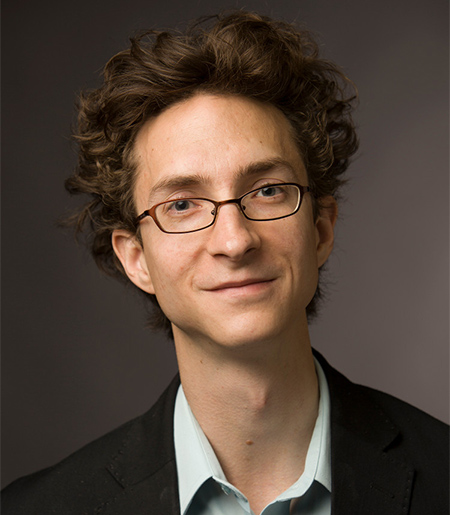October 5th: Prof. Andrew Hicks
Salaam dustaan,
This week, the University of Chicago’s Persian Circle are fortunate to host Andrew Hicks (Associate Professor of Music and Medieval Studies, Cornell University ) for a talk entitled:
“Musical agency in Ghaznavid court poetry” [this talk in English]
Please join us this Thursday 5th October for what promises to be a fascinating talk!
5:00-6:30pm
Pick Hall 218
5828 S. University Ave
Chicago, IL 60540
Professor Hicks’ research focuses on the intellectual history of early musical thought from a cross-disciplinary perspective that embraces philosophical, cosmological, scientific and grammatical discourse in Late Antiquity and the Middle Ages, and spans the linguistic and cultural spheres of Latin, Greek, Persian, and Arabic. http://music.cornell.edu/andrew-hicks
Talk abstract: The divan of Farrukhī Sīstānī (d. 1037) teems with evocations of a lively Ghaznavid minstrel culture, a culture Farrukhī knew first-hand, as he was not only a court poet but was also, according to the Chahār maqāla, a “dexterous performer on the harp.” Though numerous studies document and detail the public, courtly persona of the Persian minstrel,the divan-e Farrukhī presents a much less studied aspect of Ghaznavid minstrelsy, namely, the minstrel’s private, erotic persona as the “moon-faced,” “silken-breasted” beloved; auditory beauty and visual beauty become semantically entwined and at times interchangeable. This study takes as its point of departure the lyric nasib to several of Farrukhī’s qasidas that describe intimate and manifestly erotic encounters between Farrukhī, the poet, and an (always unnamed) Turkish beloved, the minstrel. In recounting such erotic encounters, Farrukhī’s poetry affords us a glimpse into the formative stages of a still-living symbol that was to become, in later Persian poetry, “stock” poetic imagery: the beloved as “Turk”. A careful reading of Farrukhī’s poetry, with occasional glances to Manūchihrī and ‘Unṣurī, allows us to chart with more precision the emergence of this symbolic minstrel persona, which was rooted in the historical realities of the Ghaznavid court but came to resonate more broadly with the imagery of music and musical performance unique to the Persian poetic tradition.
Prof. Hicks will be giving a second talk on Friday 6th October @3:30pm, in the Fulton Recital Hall, entitled:
“Listening Vicariously: music and metaphor in medieval Persion Sufism”
Full details of Friday’s talk can be found here: https://music.uchicago.edu/page/music-colloquium-series
Be omid-e didar,
Shaahin
